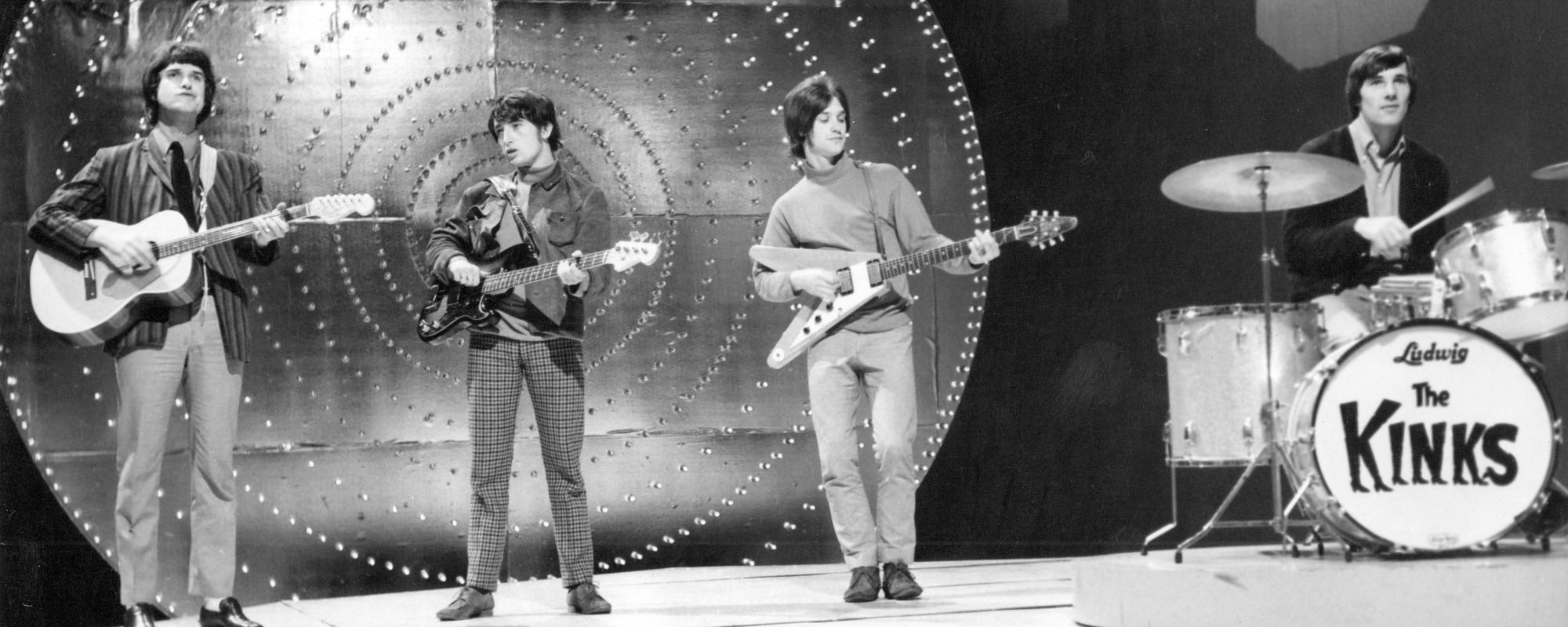After Steve Albini banged out Nirvana’s In Utero in a couple of weeks, the major label backlash he predicted came to light.
Videos by American Songwriter
The revered engineer faced near financial ruin before two rock legends came calling. Jimmy Page and Robert Plant reunited for their first studio album since Led Zeppelin broke up in 1980, and Albini was the man they wanted behind the mixing console.
That album, Walking into Clarksdale, resurrected the career of a studio legend.
Nirvana
The story begins with Nirvana. In 1993, Kurt Cobain wanted distance from the sheen of Nevermind and Nirvana’s growing fame. He struggled with his punk-rock credibility and saw a way out by working with the loudest, anti-major label proponent in music.
However, before Albini agreed to work with the band, he wrote them a letter. He said, “I’m only interested in working on records that legitimately reflect the band’s own perception of their music and existence. If you will commit yourselves to that as a tenet of the recording methodology, then I will bust my a– for you.”
The now-famous letter also includes Albini’s recording philosophy and general views on the music industry. He believed bands should be recorded as raw as possible, with very few overdubs or takes. The band’s opinions outweighed his own, and Albini had little patience for outside influences, like a record label’s A&R staff.
Nirvana and Albini worked quickly at an isolated studio in Minnesota, and the record label and management were forbidden to interfere.
Will You Remix the Album?
After receiving the master tapes of Nirvana’s new album, Gold Mountain Management and Geffen Records said In Utero was “unlistenable.” Squeezed by the competing pressures of his record label and his own wishes, Cobain asked Albini to remix it. Albini declined.
The Seattle band attempted to make the mixes more palatable during mastering. But Cobain still wasn’t pleased. Eventually, Scott Litt remixed the singles “Heart-Shaped Box,” “All Apologies,” and “Pennyroyal Tea,” while the rest of Albini’s mixes remained intact.
In Utero is a raw and abrasive recording compared with their groundbreaking album Nevermind. Still, Cobain’s defiant album did little to quell the band’s surging fame, debuting at No. 1 on the Billboard 200.
Grunge had been cleaned up and commercialized, much like CBGB as a brand. But Albini had captured an unaltered recording of what Nirvana really sounded like. It’s the album Cobain said he wanted—no apologies.
Don’t Hire Albini
Following the public fallout from In Utero, Albini struggled to find consistent work. He became persona non grata within major label circles who viewed him as too difficult to hire. Albini struggled to keep his Chicago studio Electrical Audio open. The cost of the building and a lack of projects forced Albini to sell old recording equipment, vinyl records, and guitars.
Meanwhile, Bush hired Albini to record and mix Razorblade Suitcase, though frontman Gavin Rossdale worked hard to convince his label, Interscope Records, to allow it. Still, the album topped the charts and marked grunge music’s peak commercial appeal.
But Albini also became a victim of his ethos. He refused to accept royalties from the albums he worked on—a standard industry practice he found unethical. He once told Nirvana he wanted to be “paid like a plumber.”
Enter Jimmy Page and Robert Plant
Robert Plant was a fan of Albini’s punk band Big Black, specifically the album Songs About F—–g. He and Jimmy Page were planning their first studio album as a duo and wanted Albini involved.
They had reunited in 1994 for MTV’s Unplugged, though the “UnLedded” project did not feature Led Zeppelin bassist and keyboardist John Paul Jones. Instead, the acoustic-oriented album features an Egyptian orchestra and a Moroccan string band. Atlantic Records later released No Quarter, a live album capturing the Unplugged performances in Morocco, Wales, and London.
The duo composed four new songs alongside familiar Led Zeppelin classics like “Kashmir” and “Thank You.” They supported No Quarter with an ambitious world tour featuring multiple orchestras.
Abbey Road and a Rebirth
In 1998, Page and Plant asked Albini to work with them at Abbey Road. He engineered and mixed Walking into Clarksdale, and the pugnacious engineer had a lifeline.
The money and notoriety from recording Page and Plant’s first studio album together since Led Zeppelin kept Electrical Audio in business. Soon, the reputational anchor around Albini disappeared.
Walking into Clarksdale reached No. 8 on the Billboard 200, and the single “Most High” received a Grammy Award for Best Hard Rock Performance.
Once again, Steve Albini refused to allow the music business to ruin him and made another pivotal album on his terms.
When you purchase through links on our site, we may earn an affiliate commission.
Photo by Danny Martindale/Getty Images











Leave a Reply
Only members can comment. Become a member. Already a member? Log in.